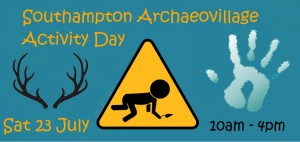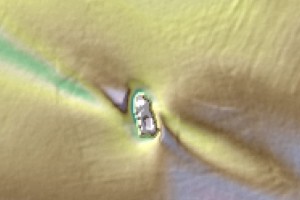



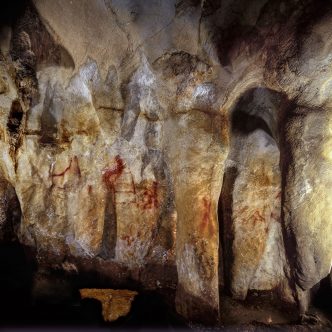
Scientists have found the first major evidence that Neanderthals made cave paintings, indicating they may have had an artistic sense similar to our own. A new study led by the University of Southampton and the Max Planck Institute for Evolutionary Anthropology shows that paintings in three caves in Spain were created more than 64,000 years ago – 20,000 years before …
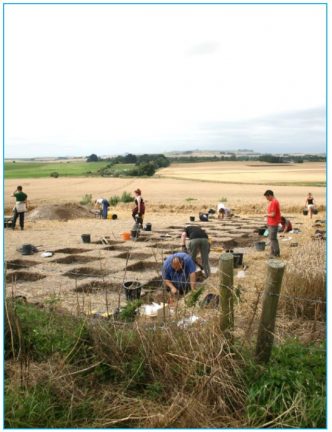
Tonight our summer excavation at the foot of Avebury Down features on the BBC’s Digging for Britain (Wed 22nd Nov, 9pm BBC4). The Excavation is part of the Living with Monuments research project run by the Universities of Southampton, Leicester, Cambridge and Ghent with Allen Environmental Archaeology and the National Trust. It aims to characterize Neolithic and Early Bronze Age settlement …
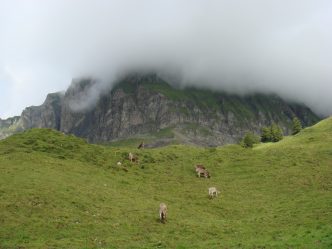
An international team of researchers has shown in unprecedented detail that prehistoric farmers took their animals away from permanent settlements to graze in more fertile areas – probably because of high demand for land locally. Analysis of strontium isotopes in teeth of Neolithic cattle suggests that early Europeans used specialised strategies to manage herding, according to a study by the …
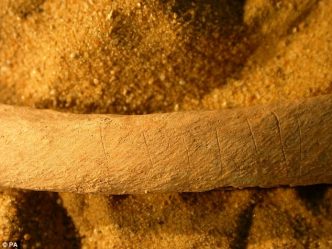
A new scientific study of medieval human bones, excavated from a deserted English village, suggests the corpses they came from were burnt and mutilated. Researchers from the University of Southampton and Historic England believe this was carried out by villagers who believed that it would stop the corpses arising from their graves and menacing the living. The team found that …
